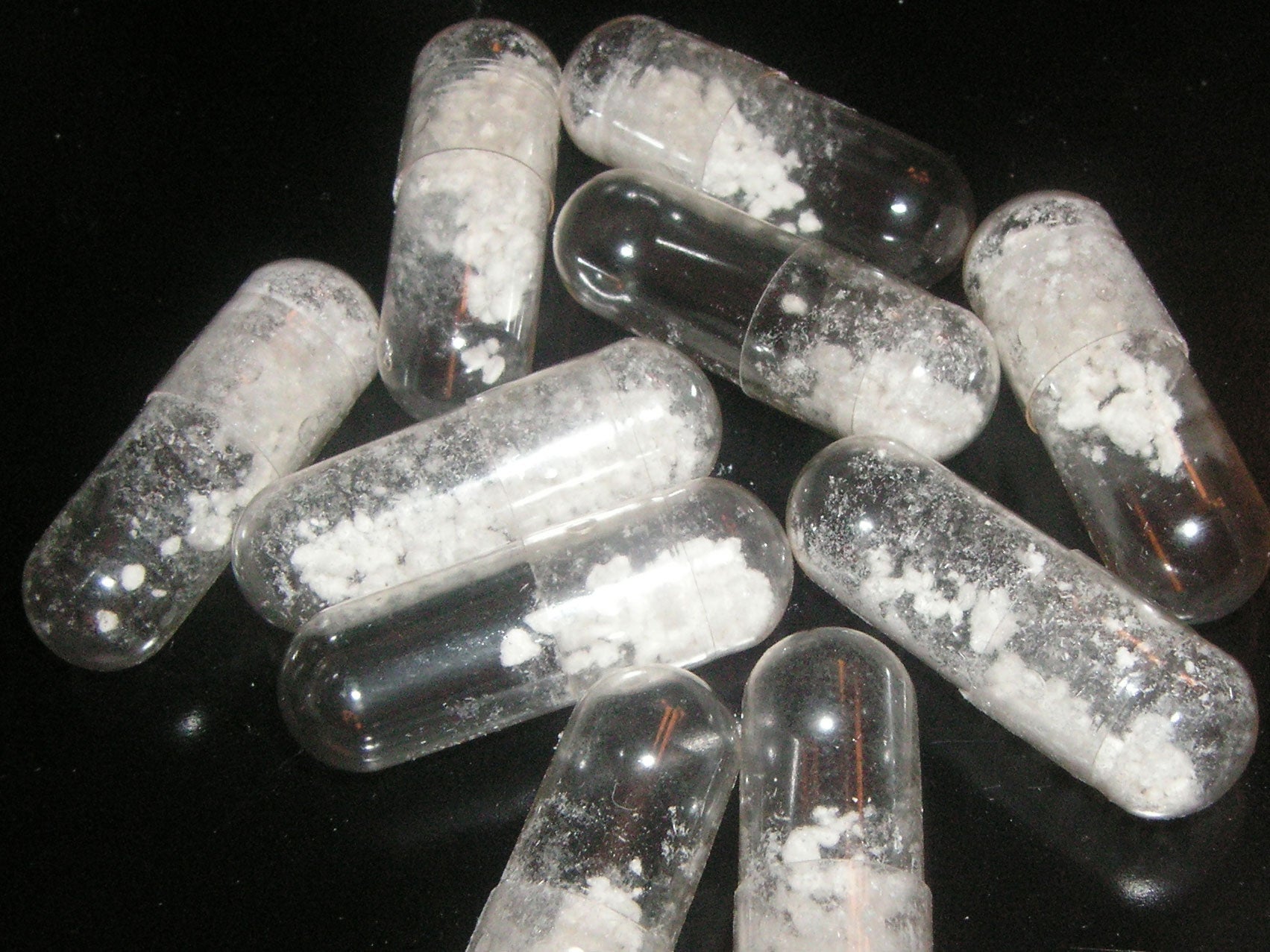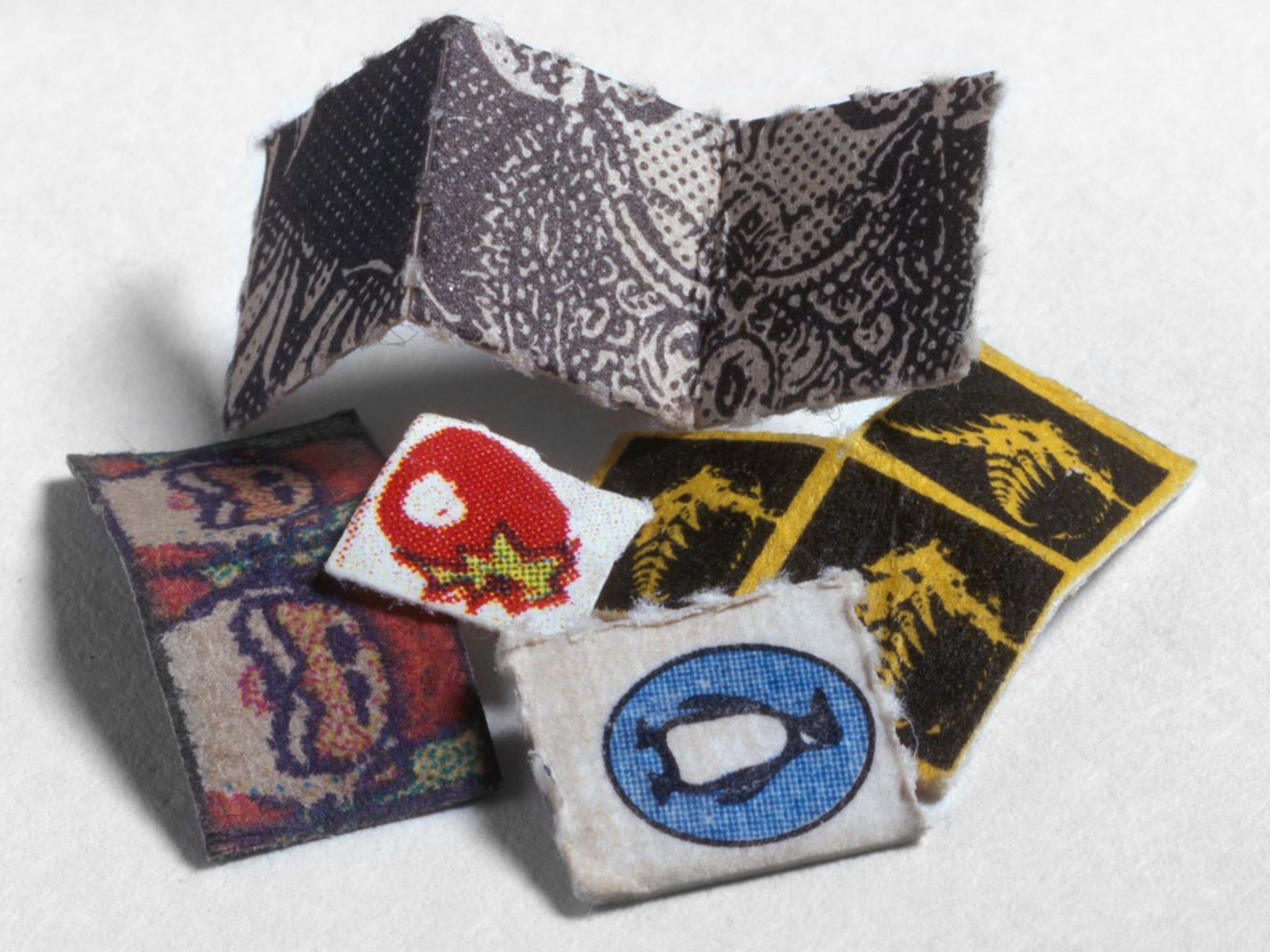Homeopathy conference ends in chaos after delegates take hallucinogenic drug
Almost 30 delegates were rushed to hospital with hallucinations in Germany

Your support helps us to tell the story
From reproductive rights to climate change to Big Tech, The Independent is on the ground when the story is developing. Whether it's investigating the financials of Elon Musk's pro-Trump PAC or producing our latest documentary, 'The A Word', which shines a light on the American women fighting for reproductive rights, we know how important it is to parse out the facts from the messaging.
At such a critical moment in US history, we need reporters on the ground. Your donation allows us to keep sending journalists to speak to both sides of the story.
The Independent is trusted by Americans across the entire political spectrum. And unlike many other quality news outlets, we choose not to lock Americans out of our reporting and analysis with paywalls. We believe quality journalism should be available to everyone, paid for by those who can afford it.
Your support makes all the difference.A homeopathy conference has ended in chaos in Germany after dozens of delegates took a LSD-like drug and started suffering from hallucinations.
Broadcaster NDR described the 29 men and women “staggering around, rolling in a meadow, talking gibberish and suffering severe cramps”.
The group was discovered at the hotel where they held their conference in the town of Handeloh, south of Hamburg, on Friday.
More than 150 medical staff, ambulances and police descended on the scene and took the raving delegates to hospital.
The patients, aged between 24 and 56, were found suffering from delusions, breathing problems, racing hearts and cramps, with some in a serious condition, Deutsche Welle reported.
Tests on their blood and urine revealed they had all taken hallucinogenic drug 2C-E, which is known as Aquarust in Germany and has been illegal there since the end of last year.
No one recovered sufficiently to be interviewed by police until Monday, a spokesperson said.
Torsten Passie, a member of the German government’s expert commission for narcotics, told NDR: “It must have been a multiple overdose. That does not support the view that the people concerned took the hallucinogen knowingly.
“One has to assume that people were not told about the substance, its effects and risks before taking it.”
Police are reportedly looking into possibilities including the drug being taken as a joint experiment, or it being furtively given to conference participants as a prank.
No arrests have yet been made as the investigation continues into a possible violation of Germany’s Narcotics Act.

The Association of German Healing Practitioners (VDH), which represents homeopaths, quickly distanced itself from the embarrassment.
In a statement, it said none of its representatives took hallucinogens during the “incident” in Handeloh.
“The organisers of this obscure conference are unknown to us and such events will not be tolerated by our Association,” a spokesperson said.
“Unfortunately, the conference in Handeloh has severely damaged the image of the homeopathy profession…and we have clarified that such acts are not in the spirit of natural therapy, and contradict our values both morally and legally.
“The Association of German Healing Practitioners detests such misdemeanours.”
The British Government’s drug advisory service, Frank, describes 2C-E as a psychedelic and hallucinogenic stimulant that has effects “somewhere between ecstasy and LSD”.
Anyone taking it experiences a buzz and feeling of being “alive and in tune with their surroundings”, their colours and smells.
It can also cause hallucinations, sexual arousal, hypersensitivity and other effects that become “more intense and uncontrollable” with higher doses.
The drug is classed as relatively new by Frank and not widely available in the UK, but is illegal as part of the phenethylamine family as a class A drug.
Join our commenting forum
Join thought-provoking conversations, follow other Independent readers and see their replies
Comments